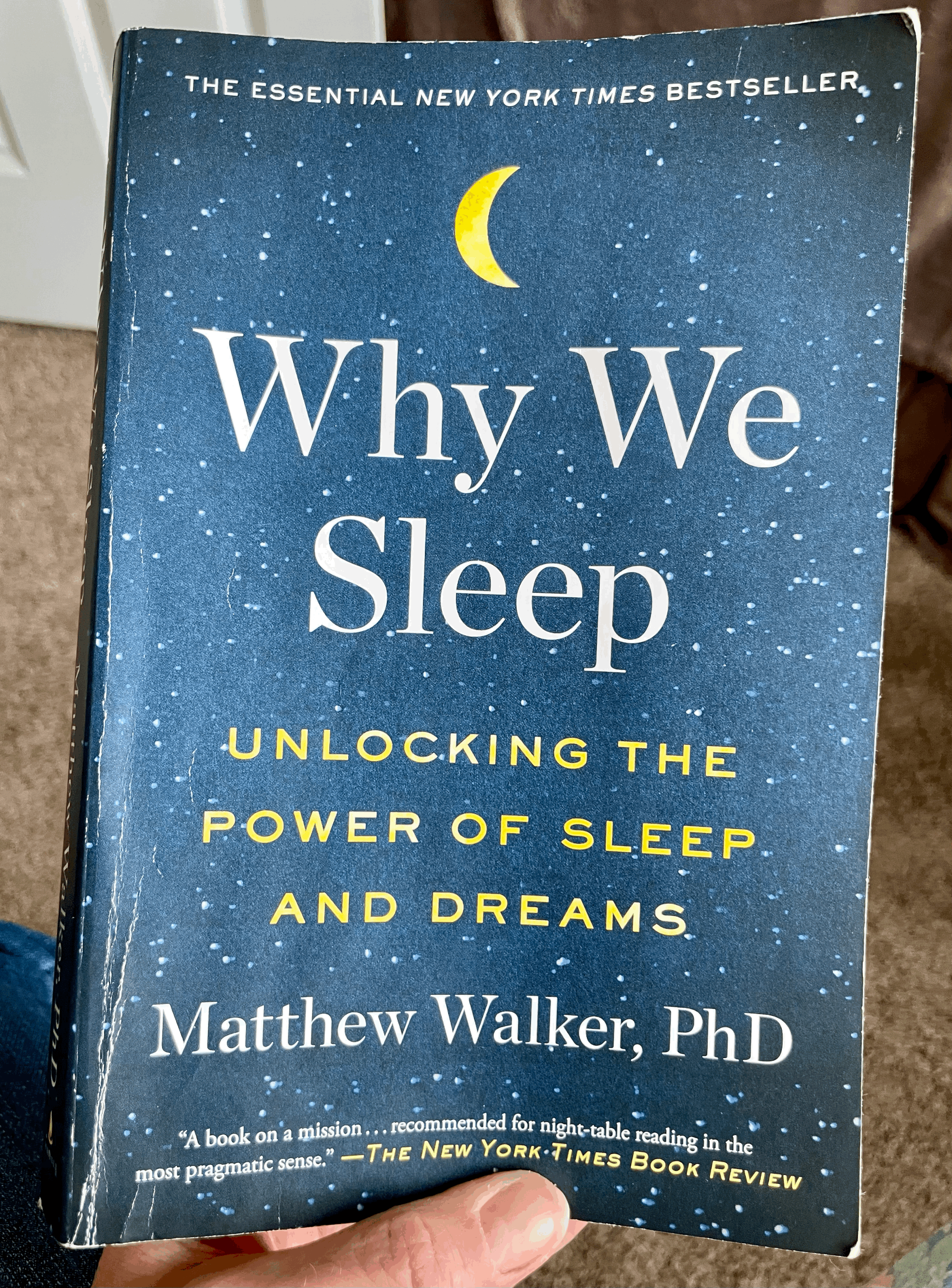Blog

Bibliotherapy: Why We Sleep by Matthew Walker, PhD
I would highly recommend this book whether you’re an A+ sleeper, a parent, or struggle with sleep. Coriander Living Collective is here to support you in creating a life well lived, and sleeping well is a pillar of that! Reach out for a free consultation!

Bibliotherapy: The Chemistry of Calm by Henry Emmons, M.D.
“The Chemistry of Calm is intended as a guide to reclaiming your resilience, to moving from a state of stress, anxiety or fear to a place of calm, balance, and equanimity.” Dr. Emmons covers in his book his resiliency approach to health and calm. He’s an integrative psychiatrist that practices out of Minnesota.
As one of its core values, Coriander Living Collective believes in expansion and personal growth. Bibliotherapy is a great way to do that and so we share what we’re reading to support your healing journey. Enjoy!

Anxiety: A Metabolic Disorder? Not a Psychiatric Disorder.
I thought this article was worth posting because my training background does not deem anxiety a psychiatric disorder, and philosophically, I believe there are ways to treat anxiety besides medications. I conceptualize anxiety as an overacting stress/threat response due to trauma or ongoing stress. I think dietary deficiencies can create stress in our bodies and that prolonged stress hormones wreak havoc in our bodies. Pointed supplementation can be a meaningful part of anxiety treatment along with psychotherapy. Anxiety: A Metabolic Disorder? The most basic symptoms may relate to energy use, and the most direct treatment may be dietary. By Hara Estroff Marano, September/October 2023/Psychology Today.

Ways to Deal with High Anxiety!
Coriander Living Collective is here to support you in decreasing your anxiety by learning ways to regulate your nervous system, and healing the root cause of your anxiety through EMDR therapy and Brainspotting. Reach out for a free consultation!

Perfectionism is “Gucci” Anxiety and Shame!
I heard from somewhere that perfectionism is just a fancy term for anxiety. While reading, Brené Brown’s Atlas of the Heart on perfectionism, she states “Shame is the birthplace of perfectionism. Perfectionism is not striving to be our best or working toward excellence. Healthy striving is internally driven. Perfectionism is externally driven by a simple but potentially all-consuming question: What will people think?”

7 Strategies for Dealing with Panic Attacks
If you’ve had a panic attack, you know it is NOT a pleasant experience! A panic attack is a physiological experience, your nervous system is literally sounding off alarms! Alert, alert, danger, system overload!
Coriander Living Collective specializes in treating anxiety and panic. Reach out!

The Gift of Fear + Simple Strategies to Manage It
As humans we are complex, thinking, feeling, and acting beings. Many people seek out therapy when their emotions feel overwhelming. Fear and its variations are a common reason people show up in therapy.